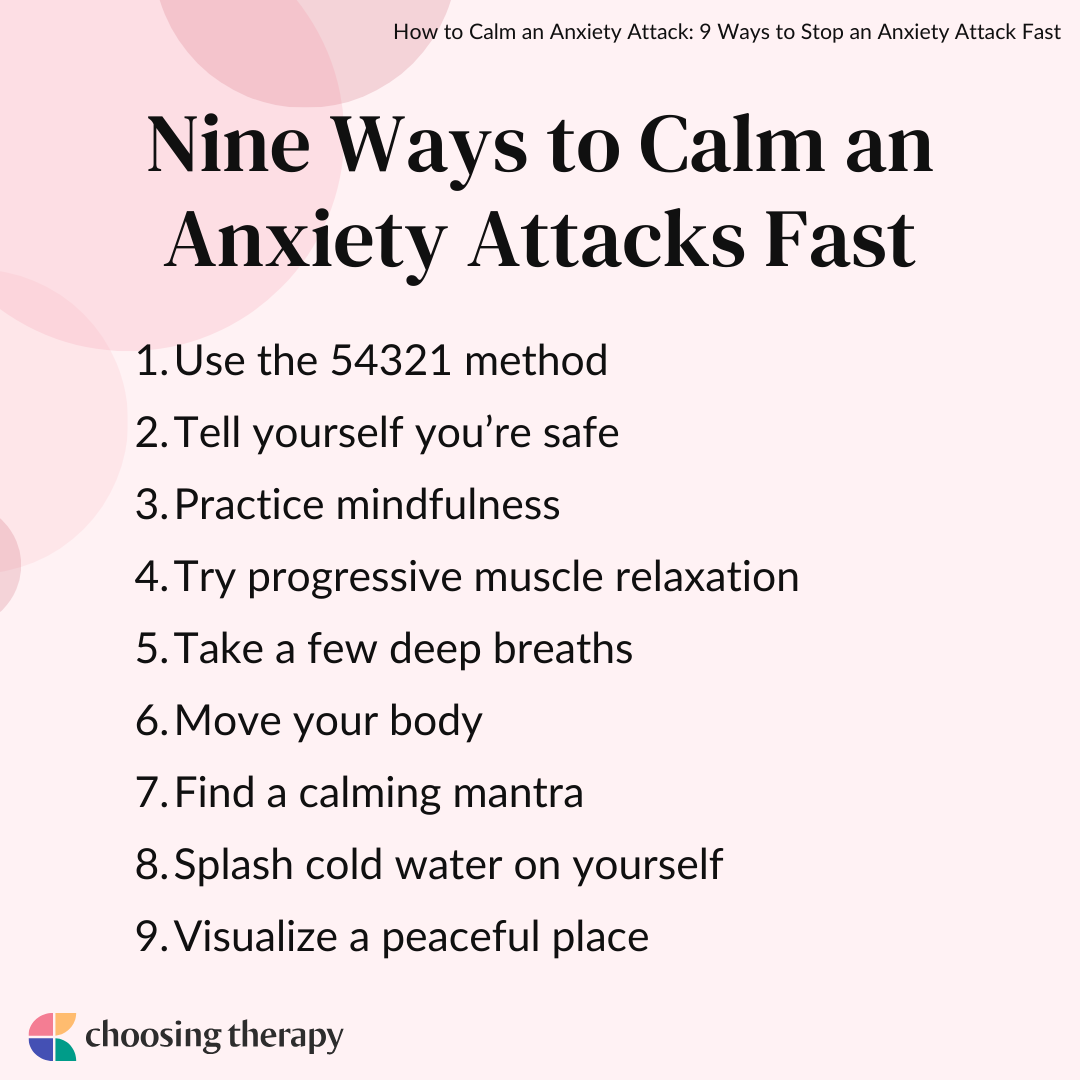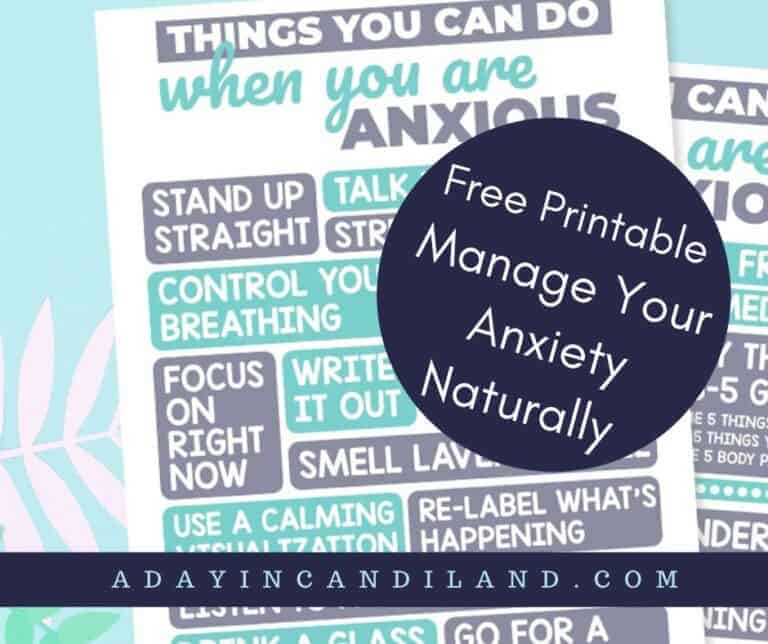Lifestyle and Diet Tips to Manage Anxiety Naturally: A Comprehensive Guide

Lifestyle and diet tips to manage anxiety naturally sets the stage for this enthralling narrative, offering readers a glimpse into a story that is rich in detail with casual formal language style and brimming with originality from the outset.
This guide delves into the intricate relationship between lifestyle, diet, and anxiety, providing valuable insights on how small changes can make a significant impact on mental well-being.
Lifestyle Changes

Living a healthy lifestyle plays a crucial role in managing anxiety levels. Making certain modifications to your daily routine can have a significant impact on reducing anxiety and promoting overall well-being.
Regular Exercise for Anxiety Reduction
Regular physical activity is essential for managing anxiety. Exercise helps in releasing endorphins, the feel-good hormones, which can improve mood and reduce stress. Engaging in activities like jogging, yoga, or swimming can be beneficial for both physical and mental health.
Establishing a Healthy Sleep Routine
Getting an adequate amount of quality sleep is vital for managing anxiety. Lack of sleep can exacerbate anxiety symptoms and affect overall mental health. To establish a healthy sleep routine, try to maintain a consistent sleep schedule, create a relaxing bedtime routine, and ensure your sleep environment is conducive to rest.
Diet Adjustments
To manage anxiety naturally, it is essential to pay attention to your diet. The food you consume can have a significant impact on your mental well-being, affecting anxiety levels and overall mood.Anxiety and diet are closely interconnected. Certain foods can exacerbate anxiety symptoms, while others can help promote mental well-being and reduce stress.
It is crucial to be mindful of what you eat to maintain a healthy mind and body.
Foods to Avoid
- Avoid or limit intake of caffeine: Excessive consumption of caffeine can trigger or worsen anxiety symptoms.
- Reduce sugar and processed foods: High sugar and processed foods can lead to energy crashes and mood swings, impacting anxiety levels.
- Avoid alcohol and nicotine: Both substances can increase anxiety and interfere with quality sleep.
Nutrient-Rich Diet for Anxiety Management
- Include omega-3 fatty acids: Foods like salmon, walnuts, and chia seeds are rich in omega-3s, which can help reduce anxiety.
- Consume whole grains: Whole grains like brown rice and quinoa can provide steady energy levels and support mood stability.
- Eat fruits and vegetables: Colorful fruits and vegetables are packed with vitamins and antioxidants that promote mental well-being.
Hydration and Anxiety
Maintaining proper hydration is essential for managing anxiety naturally. Dehydration can exacerbate stress and anxiety symptoms, leading to fatigue and irritability. Drinking an adequate amount of water throughout the day can help improve mood and cognitive function.
Stress Management Techniques

Managing stress effectively is crucial in reducing anxiety levels. Stress and anxiety are closely related, as chronic stress can lead to increased feelings of anxiety and vice versa. To combat anxiety, it's essential to implement stress management techniques into your daily routine.
Strategies for Stress Reduction
- Practice deep breathing exercises: Deep breathing can help calm your mind and body, reducing stress and anxiety levels.
- Engage in regular physical activity: Exercise releases endorphins, which are natural mood lifters and stress relievers.
- Get enough sleep: Lack of sleep can contribute to increased stress and anxiety, so prioritize getting quality rest each night.
- Connect with others: Social support can help alleviate stress, so make time to connect with friends and family.
Benefits of Mindfulness Practices
- Mindfulness meditation can help increase self-awareness and reduce stress levels, ultimately leading to lower anxiety.
- Being present in the moment can help you let go of worries about the future or regrets about the past, promoting a sense of calm.
- Practicing mindfulness regularly can rewire your brain to respond to stressors in a more positive and less reactive way.
Tips on Time Management
- Prioritize tasks: Create a to-do list and prioritize tasks based on importance, tackling high-priority items first.
- Break tasks into smaller steps: Breaking down tasks can make them feel more manageable and reduce feelings of overwhelm.
- Avoid multitasking: Focus on one task at a time to improve efficiency and reduce stress associated with trying to do too much at once.
Social Support and Relationships
Building strong social connections and seeking support from friends and family play a crucial role in managing anxiety naturally. These relationships can provide a sense of belonging, reduce feelings of isolation, and offer emotional support during challenging times.
The Impact of Social Connections on Mental Health
- Regular social interactions can help reduce stress levels and improve overall mental well-being.
- Having a strong support system can boost self-esteem and confidence, making it easier to cope with anxiety.
- Positive relationships can provide a sense of security and comfort, creating a buffer against anxiety triggers.
Building a Strong Support Network
- Stay connected with friends and family through regular communication, whether in person, over the phone, or virtually.
- Join support groups or community activities that align with your interests to meet like-minded individuals.
- Be open and honest about your feelings with trusted loved ones to foster deeper connections and understanding.
Setting Boundaries in Relationships
- Communicate your needs and limits clearly to avoid feeling overwhelmed or pressured in social interactions.
- Learn to say no when necessary to prioritize your mental health and well-being.
- Avoid toxic relationships that contribute to stress and anxiety, and focus on nurturing positive and supportive connections instead.
Ending Remarks

In conclusion, adopting a holistic approach that incorporates lifestyle and diet adjustments can be a powerful tool in managing anxiety naturally. By making simple changes in your daily routine and food choices, you can take proactive steps towards a calmer and more balanced mindset.
FAQ Resource
How does regular exercise help in reducing anxiety?
Regular exercise boosts endorphins, reduces stress hormones, and improves sleep, all of which contribute to lower anxiety levels.
What role does hydration play in managing anxiety naturally?
Proper hydration is essential for brain function and mood regulation, helping to reduce anxiety symptoms and promote overall well-being.
Why is social support important in managing anxiety?
Social connections provide emotional support, reduce feelings of isolation, and offer a sense of belonging, all of which are crucial for mental health.

